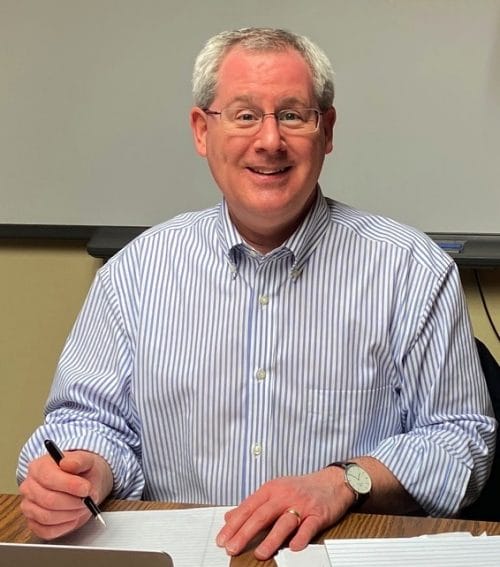Let’s a take a moment and remind ourselves about why there is a Memorial Day.
Memorial Day is celebrated with the sights of parades, the music of marching bands, and the taste of grilled or barbecued foods. Most Americans get a day off from work, and spend it with family and friends. Because Memorial Day has come to symbolize the “official” start of summer and family vacations, many Americans take the holiday for granted and do not fully appreciate the deeper, true significance of it.
The holiday began after the Civil War to remember those who fell in battle. It was initially called Decoration Day because gravesites of the many fallen Union soldiers were decorated, usually with flags, as a sign of remembrance. It was not until 1967 that the holiday was officially called Memorial Day. In 1968, Congress moved the holiday from May 30th to the last Monday in May in order to create a three-day holiday weekend. Congress in the same single fell swoop also created the three-day holiday weekends of Veterans Day, Washington’s Birthday, and Columbus Day through legislation blandly named the Uniform Monday Holiday Act.
Memorial Day and Veterans Day are the only two holidays during which America officially honors our veterans. However, every day should be a day for us to remember not only those who have served our country over the years and generations, but also those who are doing so right now. This is always poignant because Americans are stationed across our country and around the world, in places familiar and unfamiliar, friendly and unfriendly, near and far.
Our veterans and soldiers may not ask for recognition. Those with whom I have talked are incredibly humble and rightfully proud. We may know little about what they have done and are doing as we focus on our own busy lives. But, this does not diminish the gratitude we owe them. Whether or not we agree with each and every military policy or action, surely we all agree that we must support the men and women in uniform who voluntarily stand on sentry (there is no mandatory draft, after all) to protect us from those who continuously intend us harm.
Think about how precious our liberty is and how many people elsewhere do not have it. We are free and safe to vote in elections. Even when the results are uncertain (the Presidential elections of 1800, 1824, 1876, and 2000, for examples), they are not settled by tanks in the streets or a military coup d’etat, but, rather, by lawmakers and people following the Constitution and the law even if they disagree with it and argue about it.
We enjoy the freedoms to express our own individual religious beliefs, to speak our own minds, and to gather with others in places of our own choosing. How often we take for granted the rights outlined in the Declaration of Independence, the Bill of Rights, and the Constitution. But, as history has shown, and current world events remind us every day, freedom does not exist by itself. If left unguarded, it falls prey to enemies domestic and foreign, and is lost. Relying only upon economic, diplomatic, or moral strength is not enough to safeguard liberty. Our security requires people to defend it at all times. That is why we have a military. Not to commit acts of aggression, but to perform acts of protection. The simple, yet powerful, question to ask ourselves is, “if we do not defend ourselves, then who will?”
Some people do so by fighting against civil injustice. Some people do so by holding government accountable and responsible. Some people do so through community service. And, other people do so by serving in the Army, Navy, Air Force, Marines, and Coast Guard.
President George Washington cautioned us in his Farewell Address to avoid foreign entanglements, but he also noted that it costs our country less to prepare for danger than to be drawn into these events after they have been sprung upon us. President Teddy Roosevelt advised us to “speak softly, but carry a big stick”.
Memorial Day is more than just a sole reminder of the high cost liberty and security exact. It is also a reminder that a civil society is neither civil nor a society if there are only some rights and opportunities for some people, some of the time. It is also a reminder that every day is a day for us to do something to protect our democracy, our communities, and our families. We all must do our part to keep strong all of our rights, liberties, and security for all citizens, all of the time.
I have not served in the armed forces. The closest I came was when I signed up for Selective Service at age 18. My father served in the Army, and I remember his stories about his time of service. Yet, as an American, I have benefited from what veterans have done, allowing me – and you – to grow up and raise our families in a free country. America is not perfect, and democracy is not easy, but it is the best country and form of government the world has known.
For those veterans who are passed on – you are remembered. For those veterans who are among us and for those who are serving now – thank you.
Dr. Jeffrey A. Gordon is Chairman of Woodstock’s Planning and Zoning Commission. This article neither reflects any official statement of nor any specific work being done by the Commission. Check out www.JeffreyGordon.com.

